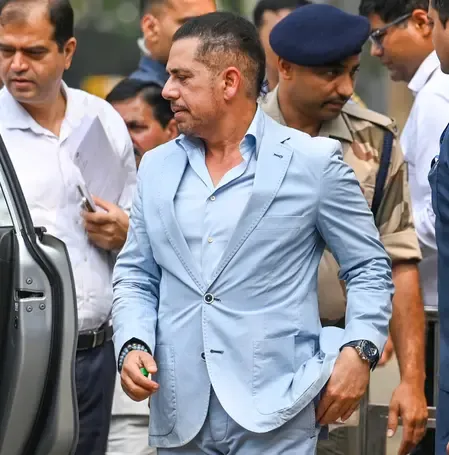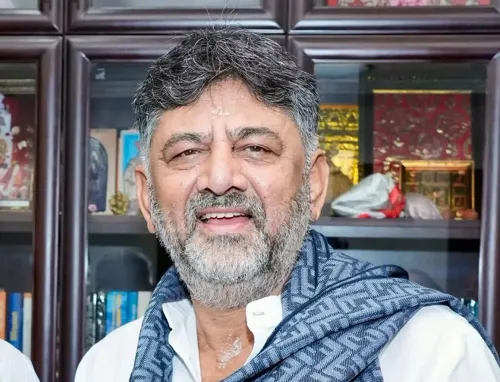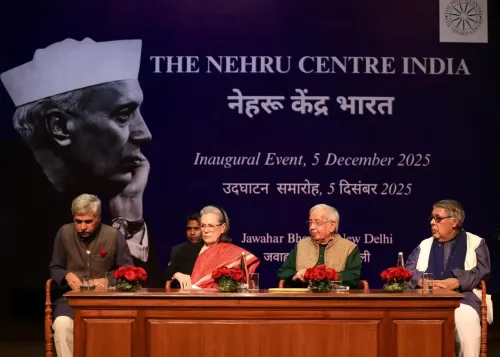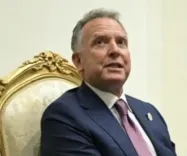How Did PM Modi's GST Rate Cuts Propel India's Development?
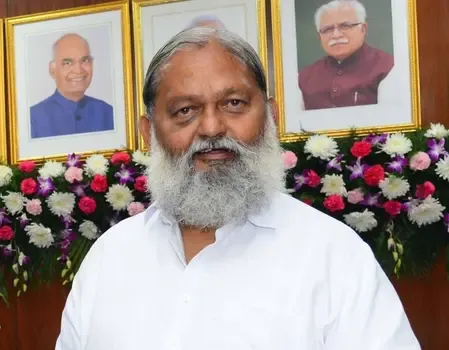
Synopsis
Key Takeaways
- GST rate cuts boost economic growth
- Essential goods become more affordable
- Higher GST on harmful products
- New regulations on online gaming introduced
- Government aims to promote societal values
Chandigarh, Sep 5 (NationPress) Haryana’s Transport Minister Anil Vij commended Prime Minister Narendra Modi for his decision to cut GST rates, which he described as a significant catalyst for India’s economic advancement.
“By reducing GST rates, Prime Minister Modi has accelerated India’s development,” Vij stated during a media interaction. He elaborated on the economic consequences, noting, “When GST rates decline, the prices of goods drop. Lower prices enhance purchasing power, which subsequently boosts demand. An increase in demand results in more factories being set up, thereby generating additional employment opportunities.”
“More employment leads to enhanced purchasing power, restarting the economic cycle. This is how sustainable growth is fostered.” Vij further emphasized that the Prime Minister has “transformed development into a rocket,” while providing relief to ordinary citizens by lessening GST on essential commodities including flour, milk, curd, butter, medicines, and insurance.
Conversely, items associated with detrimental behaviors such as ‘beedis’, tobacco, and alcohol have been subjected to a 40 percent GST rate. “This not only discourages unhealthy consumption but also conveys a powerful social message to abandon harmful habits,” he remarked.
Regarding regulatory changes, Vij pointed out that the government has enacted a Bill to regulate online gaming. “Online gaming has been around for some time, and it has always been harmful. Previous administrations lacked the political will to address this, but our government is firmly committed to curbing malpractice and stands strong against pressure,” he asserted.
Highlighting a broader vision, Vij asserted, “The government's GST reforms are not merely economic; they also aim at nurturing character. Essential everyday items have become cheaper, while harmful products have faced higher taxation. This reflects our government’s determination to steer society in a positive direction. Unlike previous governments, we are focused on values and personality development.”


